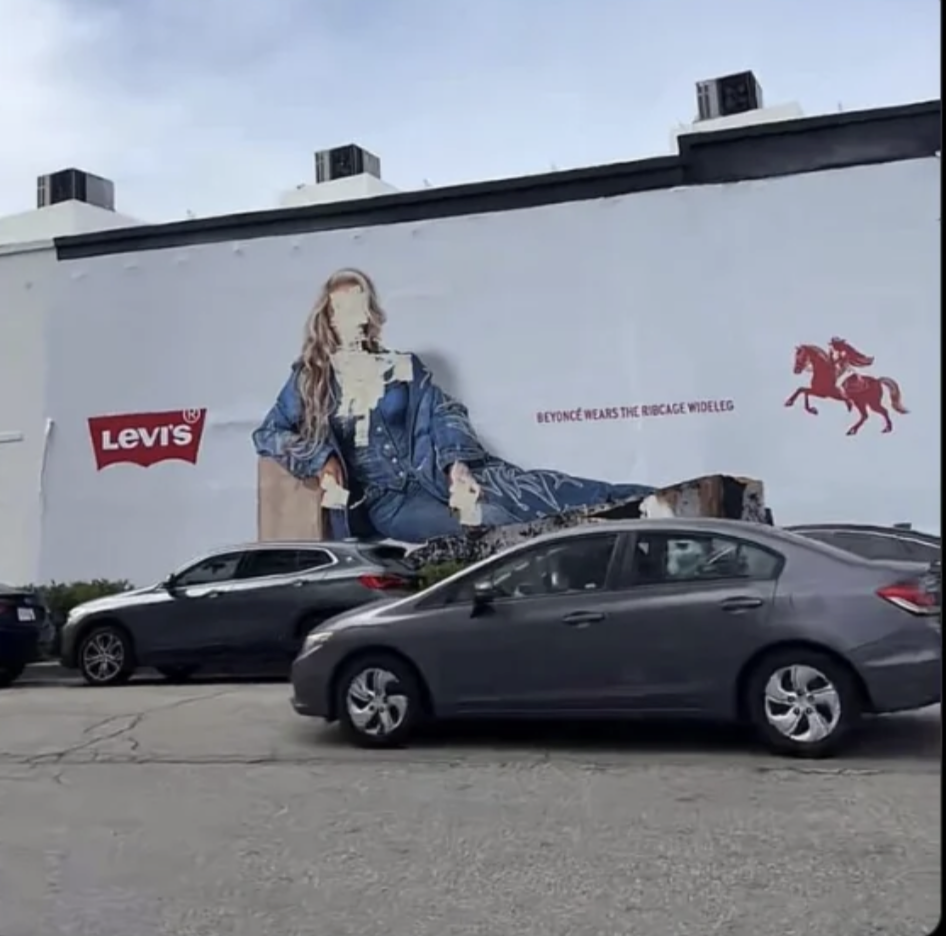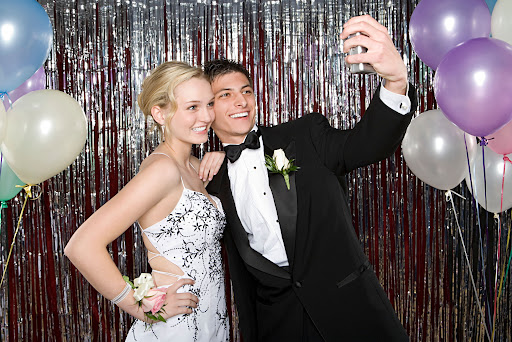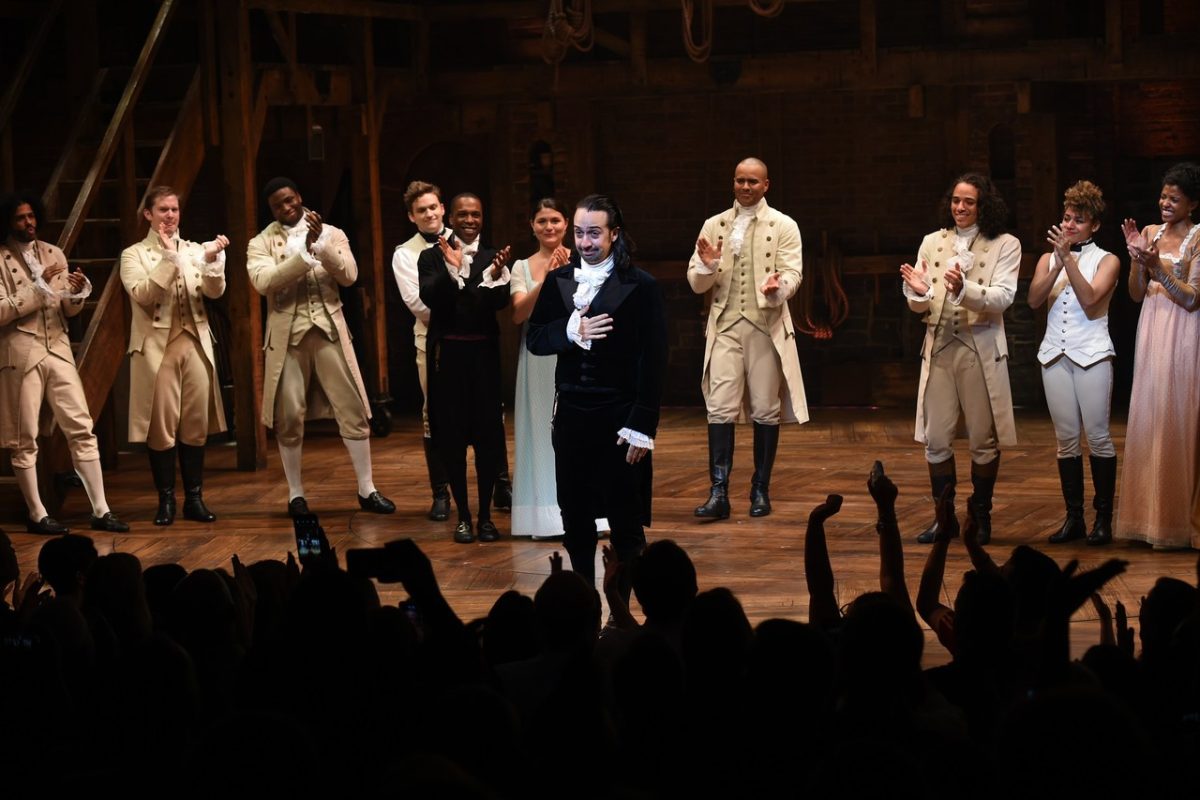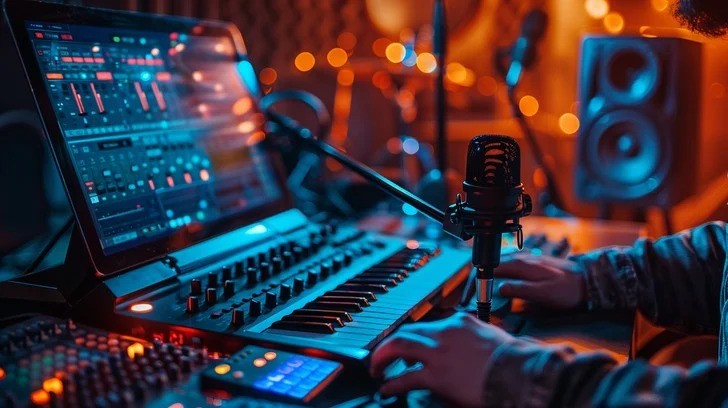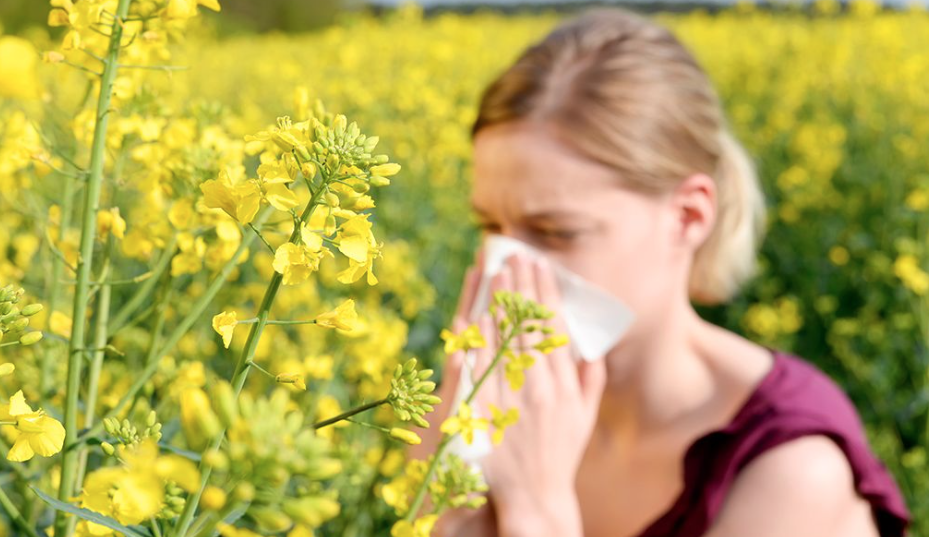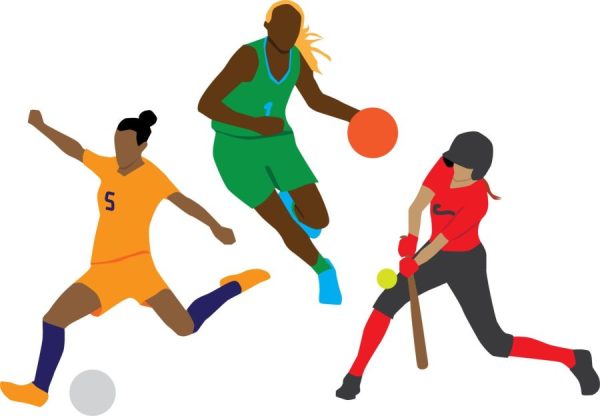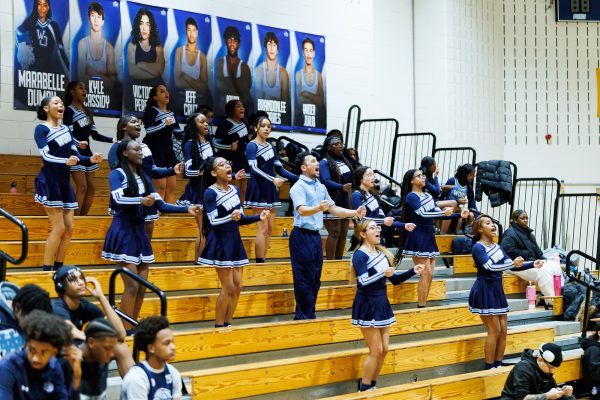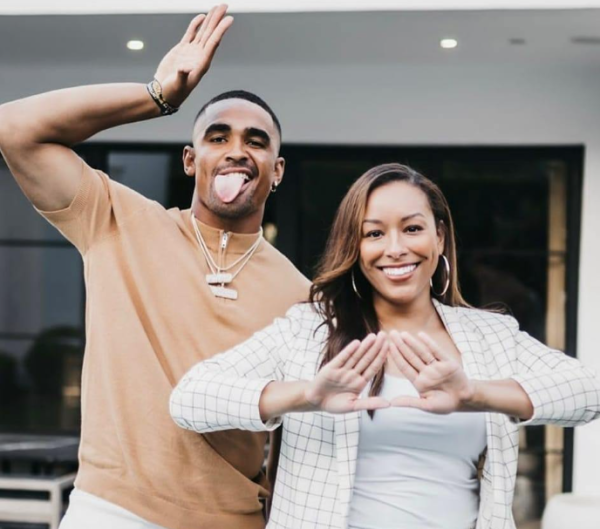More Than a Game: 2020 Sports in Review
In 2020, life as we knew it changed in almost every way. Whether it was a major change or a small change that was barely noticeable, the COVID-19 pandemic forced us to alter the way we live our lives. One of the largest and most influential changes in 2020 came with sports.
2020 sports seasons began across the globe as they always have. Excitement was rampant around each league, thousands of cheering fans filled the stands of each stadium and arena, and people from all over were captivated by the action. After all, there was good reason to be intrigued due to the excitement coming from all over the sports world.
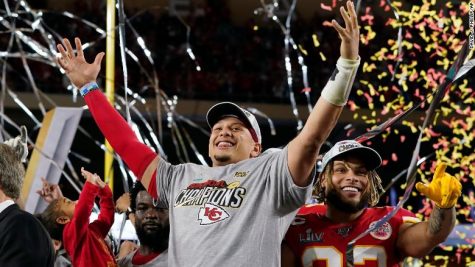
In 2020, we had familiar faces in new places, new superstars tearing up their leagues, and records broken. In the NBA, we saw superstars Anthony Davis, Kawhi Leonard, and Paul George all relocate to Los Angeles with Davis teaming up with LeBron James with the Lakers and Leonard and George taking their talents to the Clippers. With the LA basketball rivalry renewed, it led to some thrilling and heated battles. That, along with the emergence of young phenoms like Luka Doncic, Jayson Tatum, Ja Morant, and Trae Young allowed for one of the most exciting NBA seasons to date. In the NFL, quarterback Patrick Mahomes led his Kansas City Chiefs to their first Super Bowl championship since 1969 thanks to a late fourth quarter comeback against the San Francisco 49ers. In the NHL, goal scoring legend Alexander Ovechkin of the Washington Capitals became one of just eight players in league history to score 700 goals with a goal against the New Jersey Devils.
Despite all of the excitement, there was uncertainty in the air. With the coronavirus pandemic beginning to spread across the nation, questions began to arise about whether or not sports would be canceled or held without spectators in an attempt to decrease the risk of spreading the disease. On March 4, Italy became the first country to announce that their sporting events would be held behind closed doors. In the following days, leagues began crafting plans for potential games without fans or games at alternate sites due to the pandemic. Despite no major cancellations or changes yet, it had become clear that sports would look very different in the remainder of 2020. Then on March 11, everything changed.
The day began with the World Health Organization (WHO) officially declaring the virus a pandemic. In response to this, the Golden State Warriors of the NBA announced that they would play home games without fans for the foreseeable future. The NCAA also announced that their annual March Madness tournament would be held without fans. That evening, it was announced that Utah Jazz center Rudy Gobert had tested positive for COVID-19, making him the first athlete in the four major North American sports leagues to test positive. This led to the cancellation of the Jazz’s game versus the Oklahoma City Thunder, in addition to the suspension of the entire NBA season. The following day, the NHL also suspended their season along with suspensions in the ATP (Association of Tennis Professionals), Major League Soccer, Major League Baseball’s spring training, and the cancellation of both the men’s and women’s March Madness tournaments in the NCAA. In addition, sports leagues across the globe such as the English Premier League in England and the National Rugby League in Australia canceled their seasons. For the first time ever, sports had gone silent.
Like the rest of us this year, sports leagues were forced to adapt. Not only was the coronavirus pandemic infecting the world at a rapid pace, but there was civil unrest. As a result of the killing of George Floyd by police officers in Minneapolis, Minnesota, people across the world had participated in protests against racism and injustice. Among those leading the calls for equality were athletes, who with no games to play due to the shutdown of sports, used their platforms to promote changes around the world. Leagues took this into consideration and worked social justice initiatives into their restart plans. With this in mind, sports began resuming again.
Believe it or not, Pigeon Racing was the first sport out of them all to return, doing so on June 1. June also saw the return of European soccer. Matches resumed with players showing support for social justice initiatives by wearing “Black Lives Matter” on the back of their uniforms and taking a knee before every match in an act of solidarity.
In late July, the WNBA and NBA seasons began in “bubbles.” The bubbles were isolation zones (The NBA’s at Disney World in Orlando, Florida, the WNBA’s at IMG Academy in Bradenton Florida) in which players and coaches lived and played in order to finish their season safely while keeping the virus out. It was a rousing success, not just in resuming and completing the season coronavirus-free, but in using the leagues’ platforms to promote change. Both leagues led the way for athletes peacefully protesting and using their platforms for good. Players and coaches in both leagues participated in various peaceful protests such as taking a knee during the national anthem throughout their time in the bubbles, as well as wearing messages of unity and equality on the back of their uniforms.
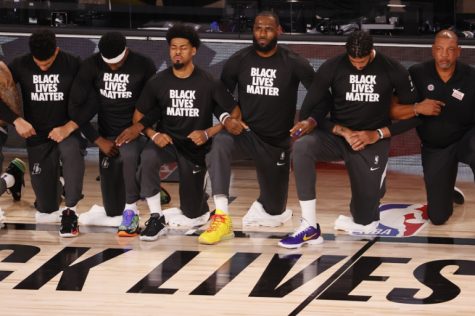
By August, the MLB, NHL, NBA, WNBA, and MLS had all resumed their seasons, but their work as activists was just beginning. On Aug. 26, athletes across all sports leagues participated in a boycott in protest of the shooting of Jacob Blake in Kenosha, Wisconsin. It began with the Milwaukee Bucks in the NBA bubble, who refused to come out of their locker room for a playoff game against the Orlando Magic. Their actions inspired teams in the WNBA, MLS, MLB, and NHL to have their games canceled in an act of protest against racial injustice. It was an extremely powerful day for sports and the social justice movement as well.
As the summer turned to fall, sports began to return to what we would consider “normal.” Leagues had begun to crown champions and fans began to return to stadiums and arenas around the world.
Slowly but surely, sports are returning to their usual state, but sports in 2020 were not just about the games and the spectacle of competition. It was about resiliency. It was about adaptation. It was about spreading a message of equality and using the massive platform given to athletes to enact positive change. We will remember 2020 as many things, but one of those things should be this: Remember it as the year that sports became more than just games.
























